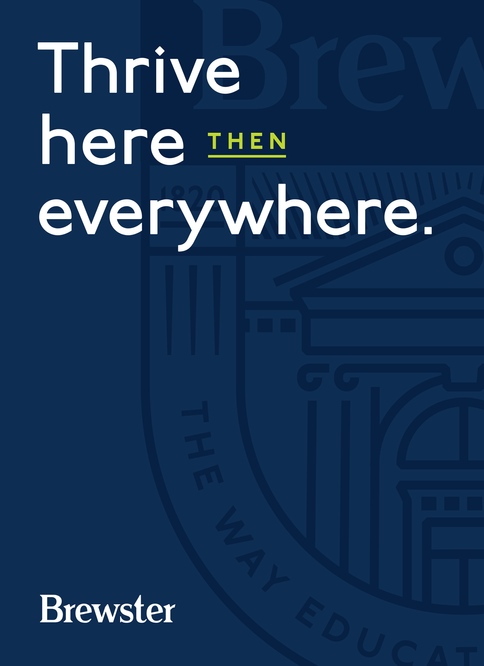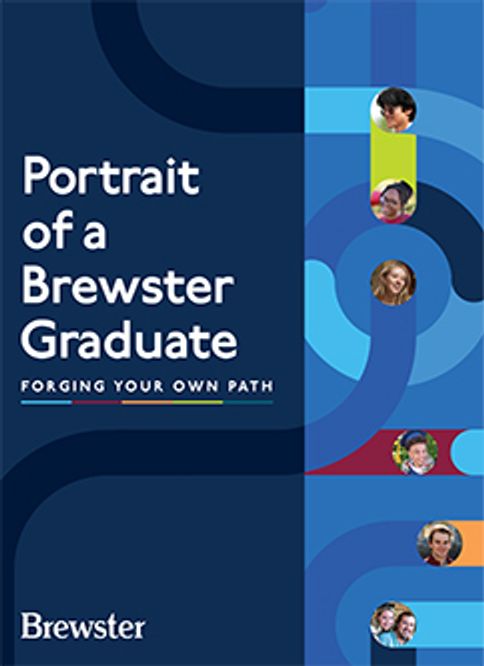Select category

Congratulations to the Fall Academic Honorees
By Suzanne Morrissey
Read more

Fall Sports Awards Showcase Excellence
Brewster’s Fall Sports Awards celebrated standout Bobcat athletes,…
Read more

Meet the Faculty: Jen Dumont
By Suzanne Morrissey
Read more

EYBL Powerhouse: Brewster’s National Team Keeps Rising
Because elite basketball is woven into the life and lore of Brewster, it’s…
Read more

Brewster Celebrates 2025 uniball National Signing Day
The Grayson Student Center was electric on November 14 as our community…
Read more

Meet the Staff: Alice Mann
By Suzanne Morrissey
Read more

Alumni Athlete Spotlight: Liam Carey '23
Liam Carey '23 of Hingham, Mass. continues to be a major contributor for…
Read more

Sean Collins Named Head Coach of Brewster Boys’ Varsity Hockey
We are thrilled to announce that Coach Sean Collins will be our incoming…
Read more

Brewster Celebrates the Joyful Opening of Its New La Moraleja Campus in Madrid, Spain
By Bryan Gross
Read more

Page Turners Unite in Brewster's Book Club
By Suzanne Morrissey
Read more

Meet the Staff: Caitlin Ward
By Suzanne Morrissey
Read more

Meet the Faculty: PJ Tessier
By Suzanne Morrissey
Read more












